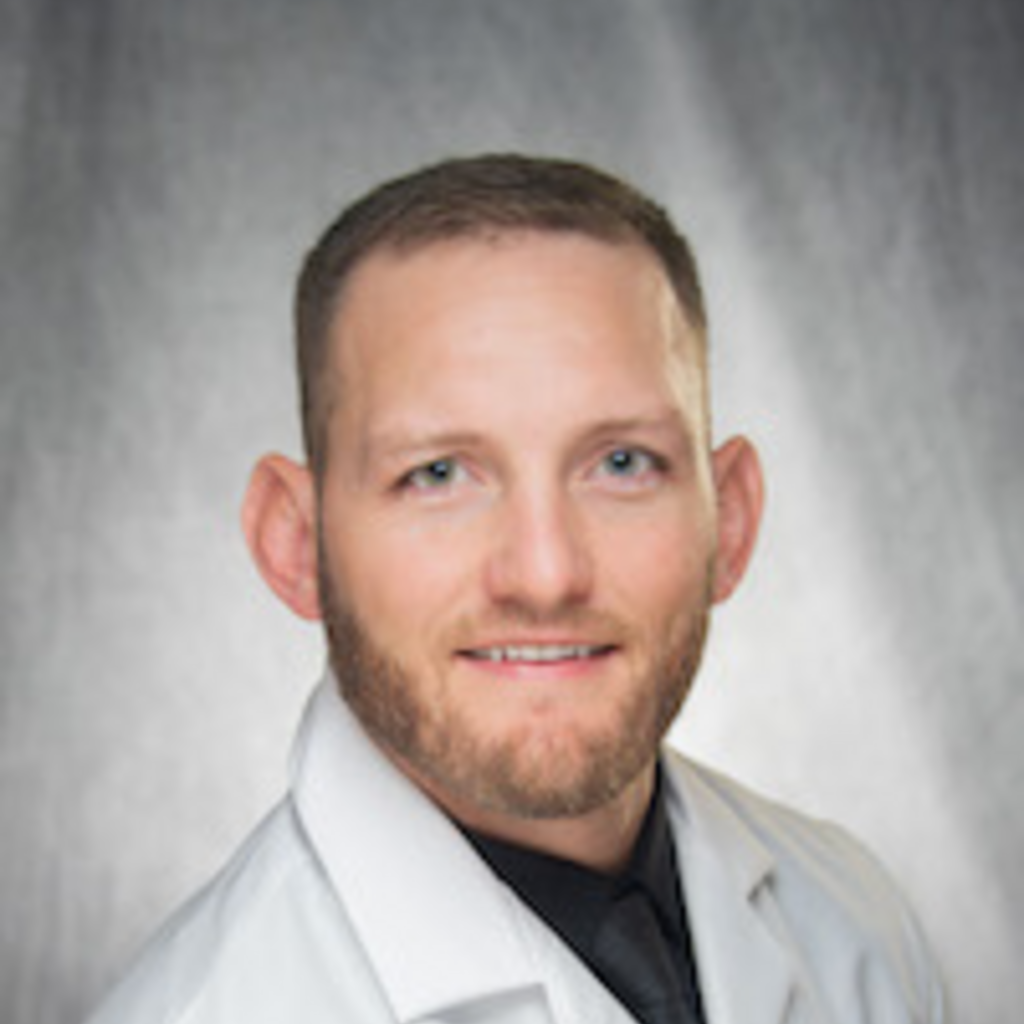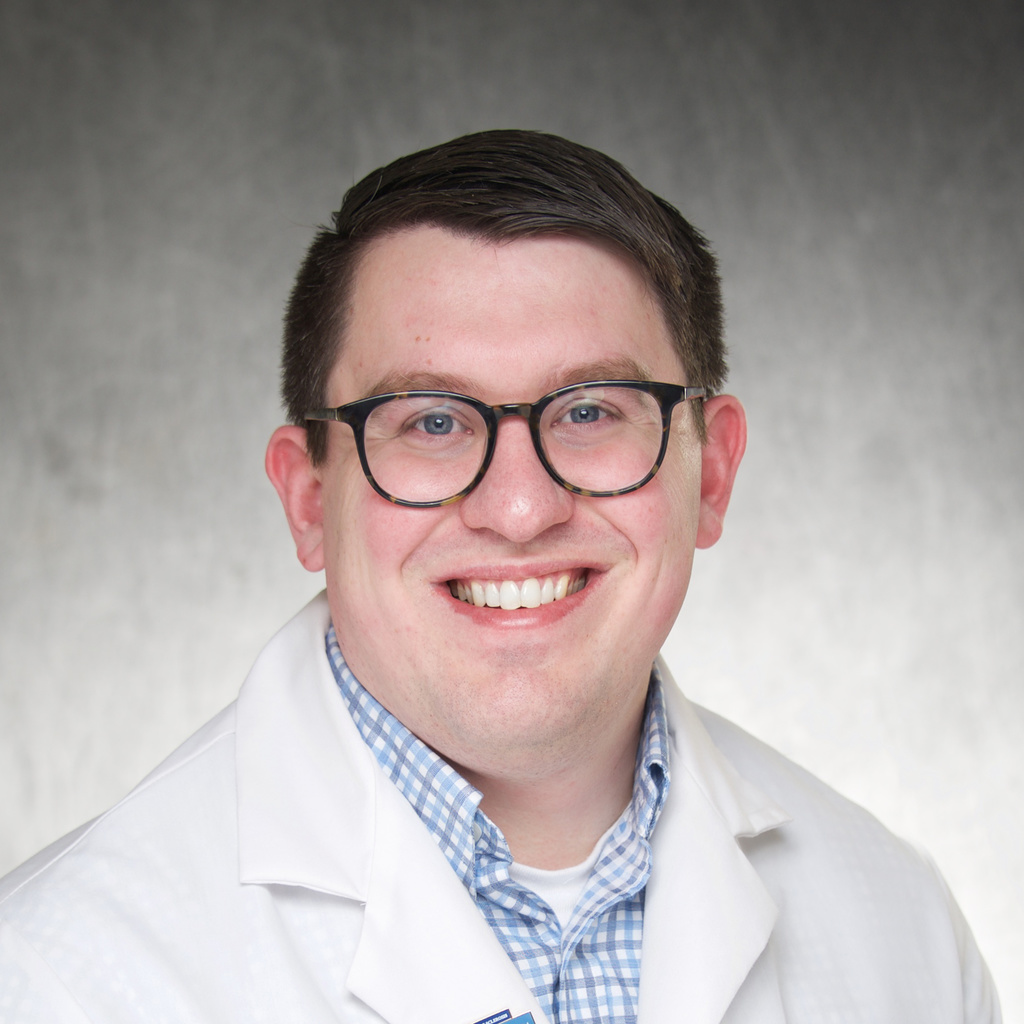Main navigation
Current K12 Scholars

Banu Gumusoglu MSc, PhD
Banu Gumusoglu is an Assistant Professor of Obstetrics and Gynecology and Psychiatry. Her research utilizes translational and molecular approaches to understand how diseases and exposures in pregnancy influence maternal and offspring brain health. This work has the goal of improving intergenerational psychiatric outcomes in women and their babies with targeted treatments and biomarkers.

Amanda Irish, MD, MPH, MS, DTMH
Amanda Irish is an Assistant Professor of Emergency Medicine and Epidemiology at the University of Iowa. Her research focuses on pandemic preparedness by preventing disease emergence at the human-animal interface. Her current work seeks to mitigate zoonotic influenza transmission at concentrated animal feeding operations (CAFOs) through development of multi-species transmission models to identify effective blocking strategies and stakeholder engagement to optimize adoption of evidence-based interventions. This novel approach combining mathematical modeling with implementation science seeks to reduce the downstream burden of human disease and strengthen global health security by addressing zoonotic threats at their source.

Uzma Rani, MD, MPH
Uzma Rani, MD, MPH, is a Clinical Assistant Professor of Pediatrics whose research focuses on implementing evidence-based strategies to prevent and manage childhood obesity, with a particular emphasis on addressing disparities between rural and urban populations. Her work uses mixed-methods and implementation science frameworks to identify barriers and facilitators to care, and to design tailored interventions that improve health outcomes for children. Dr. Rani’s goal is to translate clinical guidelines into effective, community-responsive practices that reduce the burden of childhood obesity and promote equitable pediatric health.

Kailin Yang MD, PhD
Dr. Kailin Yang is a physician scientist studying the redox biology and intratumoral heterogeneity to deliver precision care in glioblastoma. Clinically, he is a board-certified radiation oncologist taking care of patients with brain tumor and pediatric malignancy. Glioblastoma is the most prevalent and lethal primary brain tumor, and aggressive multimodal treatment including surgery, radiation, and chemotherapy remains largely palliative. The role of RNA methylation in the brain tumor initiating cells, a small fraction of the tumor but important in tumor growth because of their intrinsic ability to evade treatment and invade into normal brain, supports a novel point of fragility that can be attacked to better treat glioblastoma. Kailin is investigating the impact of redox biology on the altered epitranscriptomic landscape, with the ultimate goal to develop new therapeutics to sensitize glioblastoma to standard-of-care therapies.

Doug Bennion, MD, PhD
As an assistant professor in Otolaryngology-Head & Neck Surgery, Dr. Bennion’s primary scientific motivation is to discover and innovate in ways that will meaningfully improve the care of patients with hearing loss and related auditory disorders. Despite their stifling burden, there are currently no FDA approved medical therapies to treat or prevent auditory disorders including hearing loss and vertigo among adults. His team is engaged in translational work demonstrating the potential for hearing protection against hearing loss in hypertensive patients and in preclinical studies of noise exposure by administration of angiotensin receptor blockers, including losartan. Their planned experiments aim to establish losartan’s optimally effective dose and treatment timing to protect hearing after noise exposure, to interrogate the inner ear’s renin angiotensin system signaling in response to excitotoxicity in organotypic cochlear organotypic explants, and to characterize the role of angiotensin II type 2 receptors in mediating losartan’s protective effects. They plan to build on this translational foundation in the near-term in developing clinical trial work designed to promote early implementation among patients of promising early findings.
Past Scholars since 2018

Michelle Howard, PhD
Michelle Howard is a clinician scientist studying novel therapeutic agents in combination with radiation to improve outcomes of pediatric brain tumor patients while fulfilling clinical duties as a physicist. Radiotherapy plays a prominent role in many pediatric cancers. However certain tumor types, such as diffuse intrinsic pontine glioma (DIPG), respond poorly to all therapies including radiation and are nearly 100% fatal. Michelle currently leads a research team investigating therapeutic effects of redox modulating drugs with radiation for the treatment of DIPG. Her lab also focuses on identifying drugs that are able to mitigate side effects related to cranial radiation treatment to improve quality of life for cancer survivors.
Sarah Beattie, PhD
Sarah Beattie is an Assistant Professor of Pediatrics Infectious Disease. Her research focuses on the pathogenesis of the mold Aspergillus fumigatus and the discovery and development of novel, mold active antifungals. The goals of her work are to better understand the pathogenesis of invasive aspergillosis and how this organism establishes disease in extrapulmonary organs and to develop more efficacious therapies to treat these life-threatening infections.

Vincent Wagner, MD
Dr. Wagner’s focus has been on developing AI prediction models based on digitized pathology slides of tumors. Specifically, he has successfully developed an AI algorithm that predicts the molecular subtype of endometrial cancer using pathology slides from The Cancer Genome Atlas database. This early model utilized a convolutional neural network and demonstrated promising results based on high overall accuracy.

Melissa Swee, MD, MME
Melissa Swee's research is centered on addressing the disparities in chronic kidney disease care, particularly among rural populations in the United States, including Veterans who disproportionately suffer from kidney disease. Her work aims to understand whether living in rural areas independently contributes to adverse kidney outcomes. Her focus is on evaluating the role of rural residence in influencing progression of kidney disease and evaluating challenges in accessing vital treatments and specialized care. Ultimately, she would like to identify the systemic barriers within the healthcare system that impede efficient kidney disease management in rural communities and find strategies to overcome these obstacles.

Raul Villacreses, MD
Dr. Villacreses’ research is focused on small airway biology and its implication in pulmonary diseases such as Cystic Fibrosis, COPD, small airway disease as sequelae of SARS-COV-2 infection, and bronchiolitis obliterans syndrome after lung transplant. As a pulmonologist, he is interested in using supervised machine learning techniques for early recognition of small airway disease. He will also use an organotypic model of small airways to perform different experiments to better understand the pathophysiology of pulmonary diseases that affect the small airways.

Martha Cavour, MD, PhD
Martha Carvour is an Assistant Professor of Internal Medicine (Infectious Diseases) and Epidemiology in the University of Iowa Carver College of Medicine and College of Public Health. Dr. Carvour is an equity-focused epidemiologist and a practicing infectious diseases physician. Her research focuses on the advancement of health equity for patients affected by diabetes-related foot conditions and, more recently, COVID-19, by combining rigorous epidemiological methods with community-engaged and patient-centered research. She is also the project lead for the University of Iowa Public-Private Partnership (P3)-funded Equity in Health Science and Practice initiative.
Chooza Moon, PhD, RN
Chooza Moon is investigating the consequences of sleep and circadian rhythms in individuals with ischemic heart disease and heart failure, as well as sleep/circadian rhythm and brain health in general aging. Her earlier research focused on how sleep and multimorbidities are associated with cognition and brain health in heart failure. She currently leads a team focusing on aging, sleep, and circadian rhythm in patients with coronary heart disease in collaboration with interdisciplinary scholars. Internal funding supported these projects, and she was recently awarded a 3-year research grant from the Alzheimer’s Association to study the associations between circadian rhythm and neuroimaging data in older adults. Her long-term goal is to develop interventions to impede and alleviate cognitive impairment in people who are at risk for Alzheimer's disease and related dementia.

Jordan Schultz, PharmD
Schultz aims to better understand the biological mechanisms underlying Huntington’s Disease (HD) with a long-term goal of identifying potential new therapeutic targets. He will conduct a neuroimaging study of patients with pre-manifest Huntington Disease (HD) and controls to test whether patients with HD have centrally-mediated dysregulation of the autonomic nervous system that may affect the cerebrovascular system. Specifically, he will investigate potential signaling abnormalities, decreased arterial diameters, and changes in brain oxygen levels in patients with HD with the aim of identifying therapeutic drugs to prevent or delay HD symptoms.

Xiaoyang Hua, MD
As an otolaryngologist/rhinologist, Dr. Hua is interested in how the nose and upper airway regulates the immune response in the lungs. His lab has recently shown that activation of the nasal mucosal immune system can remotely enhance both innate and adaptive immunity in the lungs. The long-term goal is to further define the immune mechanisms that connect the nose and lungs, and to develop new preventive and therapeutic strategies to treat lung diseases, including nasal vaccine development.
Bradley H. Rosen, DO
Rosen focuses on the interactions between mucus and inflammation to better understand the pathogenesis of cystic fibrosis (CF) and other mucoinflammatory lung diseases. As a pulmonologist, he will use bronchoscopy, lung imaging, and pulmonary function tests to investigate lung disease in novel transgenic ferret models to test the hypothesis that inflammatory CF lung disease develops due to altered mucus properties. This in vivo work is combined with a flexible Cas9-gene editing approach in primary airway cell cultures to dissect the molecular pathways involved in mucus-initiated inflammation. These findings will inform how mucoinflammatory lung diseases such as CF, asthma, and chronic bronchitis are understood and treated.

Cristina Vidal, DDS, MS, PhD
Vidal is interested in the tooth breakdown mediated by the interaction of the microbiome with host mechanisms in caries lesion progression. Her long-term goal is to develop reparative and preventive dental therapies that promote dentin and pulp healing orchestrated by tissue’s components. This in vitro work will characterize the modulation of the expression and activity of host endogenous proteases by the complex oral microbiome in dentin caries lesions that could change completely the traditional concept of caries etiology and open new possibilities for dental research and patient care. Using extracted carious teeth, odontoblast-like cells, and cariogenic bacteria, she will conduct studies to: 1) clarify the unique contributions of matrix metalloproteases (MMPs) to the different stages of caries progression, 2) reveal the specific role of MMPs in dentin degradation or in reparative processes, and 3) characterize interactions between the dentin organic matrix components and odontoblasts with bacterial metabolites that modulate MMPs expression and activation.

Aaron Seaman, PhD
Seaman is a medical anthropologist and health services researcher who seeks to develop, implement, and evaluate research-driven interventions aimed at improving care delivery for older, rural adults living with a cancer history. He will conduct a mixed-methods study in order to 1) identify factors associated with head and neck cancer survivors’ service utilization, especially emergency and hospital services; quality of life; and health outcomes; and 2) determine survivorship care priorities and preferences for patient, caregiver, and clinical stakeholders involved in head and neck survivorship care. Along with the study’s data, he will develop a stakeholder advisory group which will be instrumental in the subsequent development of an intervention to facilitate head and neck cancer survivorship care delivery and coordination for rural patients.
Ryan Smith, PhD
Smith focuses on translating genetic risk factors into therapeutic hypotheses for addiction disorders, with a long-term goal to identify biomarkers that can inform treatment choices and the development of new therapeutics for substance abuse. He will use post-mortem human tissue and immortalized cell lines to look at genetic variants in the serotonin 2A receptor that confer risk for addiction.

Aislinn Williams, MD, PhD
Aislinn Williams is interested in understanding the molecular and cellular mechanisms by which genetic risk factors contribute to psychiatric disease. She will investigate the role of a specific psychiatric risk gene, CACNA1C, in the development and function of the cerebellum, a brain region involved in bipolar disorder and schizophrenia. She will use transgenic mice and human stem cells derived from patients with bipolar disorder and schizophrenia to understand how genetic variation in CACNA1C affects cerebellar neuron function, gene expression, and behavior.